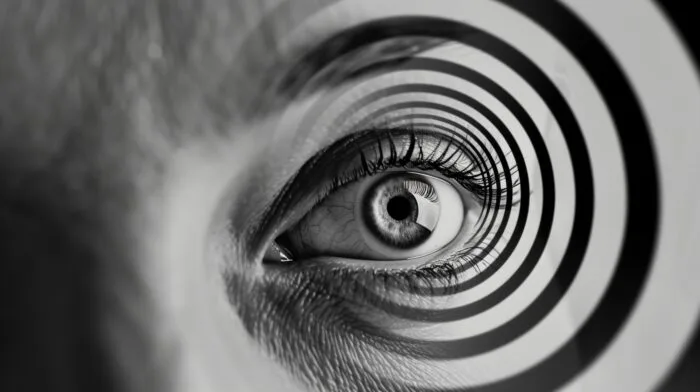When German journalist Martin Bernklautyped his name and location into Microsoft’s Copilot to see how his articles would be picked up by the chatbot, the answers horrified him. Copilot’s results asserted that Bernklau was an escapee from a psychiatric institution, a convicted child abuser, and a conman preying on widowers. For years, Bernklau had served as a courts reporter and the AI chatbot had falsely blamed him for the crimes whose trials he had covered.
The accusations against Bernklau weren’t true, of course, and are examples of generative AI’s “hallucinations.” These are inaccurate or nonsensical responses to a prompt provided by the user, and they’re alarmingly common. Anyone attempting to use AI should always proceed with great caution, because information from such systems needs validation and verification by humans before it can be trusted.
But why did Copilot hallucinate these terrible and false accusations?



here’s that same conversation with a human:
“why is X?” “because y!” “you’re wrong” “then why the hell did you ask me for if you already know the answer?”
What you’re describing will train the network to get the wrong answer and then apologize better. It won’t train it to get the right answer
I can see why you would think that, but to see how it actually goes with a human, look at the interaction between a parent and child, or a teacher and student.
“Johnny, what’s 2+2?”
“5?”
“No, Johnny, try again.”
“Oh, it’s 4.”
Turning Johnny into an LLM,nThe next time someone asks, he might not remember 4, but he does remember that “5” consistently gets him a “that’s wrong” response. So does “3”.
But the only way he knows 5 and 3 gets a negative reaction is by training on his own data, learning from his own mistakes.
He becomes a better and better mimic, which gets him up to about a 5th grade level of intelligence instead of a toddler.
turning jhonny into an llm does not work. because that’s not how the kid learns. kids don’t learn math by mimicking the answers. They learn math by learning the concept of numbers. What you just thought the llm is simply the answer to 2+2. Also, with llms there is no “next time” it’s a completely static model.
It’s only a completely static model if it is not allowed to use it’s own interactions as training data. If it is allowed to use the data acquired from those interactions, it stops being a static model.
Kids do learn elementary arithmetic by rote memorization. Number theory doesn’t actually develop significantly until somewhere around 3rd to 5th grade, and even then, we don’t place a lot of value on it at that time. We are taught to memorize the multiplication table, for example, because the efficiency of simply knowing that table is far more computationally valuable than the ability to reproduce it at any given time. That rote memorization is mimicry: the child is simply spitting out a previously learned response.
Remember: LLMs are currently toddlers. They are toddlers with excellent grammar, but they are toddlers.
Remember also that simple mimicry is an incredibly powerful problem solving method.
if it’s allowed to use its own interactions as data, it will collapse. This has been studied. Stuff just does not work the way you think it does. Try coding one yourself.
The “collapse” you’re talking about is a reduction in the diversity of the output, which is exactly what we should expect when we impart a bias toward obviously correct answers, and away from obviously incorrect answers.
Further, that criticism is based on closed-loop feedback, where the LLM is training itself only on it’s own outputs.
I’m talking about open-loop, where it is also evaluating the responses from the other party.
Further, the studies whence such criticism comes are based primarily on image generation AIs, not LLMs. Image generation is highly subjective; there is no definitively “right” or “wrong” output, just whether it appeals to the specific observer. An image generator would need to tailor itself to that specific observer.
LLM sessions deal with far more objective content.
A functional definition of insanity is doing the same thing over and over and expecting different results. The inability to consider it’s previous interactions denies it the ability to learn from it’s previous behavior. The idea that AIs must not be allowed to train on their own data is functionally insane.